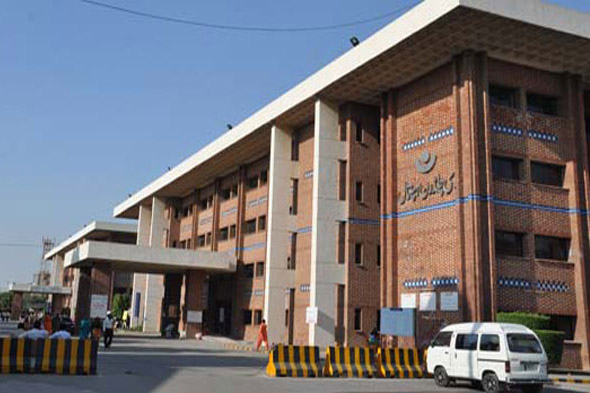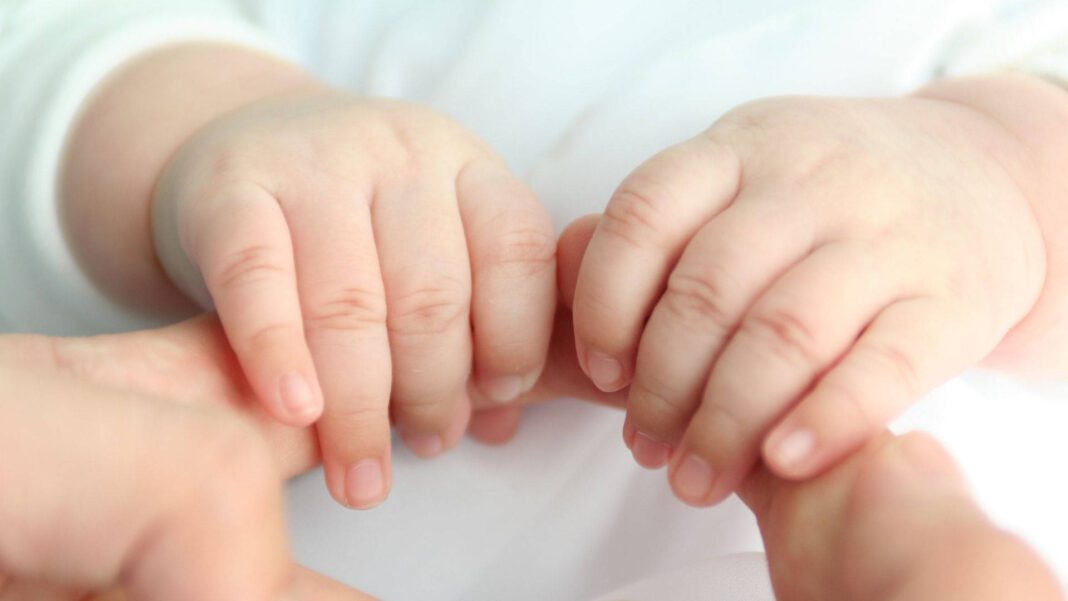In a heart-wrenching incident, an infant tragically lost its life at Lahore’s Children Hospital due to overheating in the incubator. The incident has sparked widespread concern and raised questions about the safety protocols in place at the hospital. Medical authorities are investigating the matter to determine the exact cause of the infant’s untimely demise. This article delves into the details of the incident, shedding light on the potential factors that led to the tragic outcome.
The Incident:
On a fateful day at Lahore’s Children Hospital, an infant, who was admitted to the neonatal intensive care unit (NICU), suffered from overheating inside the incubator. The infant’s condition deteriorated rapidly, leading to a fatal outcome despite medical efforts to save the child’s life. The incident has left the family devastated and has shaken the community, prompting calls for a thorough investigation.
Safety Protocols at Lahore’s Children Hospital:
Lahore’s Children Hospital has been recognized as a leading healthcare facility, renowned for its specialized care for pediatric patients. However, this incident has brought the hospital’s safety protocols under scrutiny. Questions are being raised regarding the adequacy of measures in place to ensure the well-being of infants in the NICU. Expressing his grief over the death of the infant, Mohsin Naqvi directed the doctors to follow 100pc protocols in the nursery of the hospital.
Investigation and Accountability:
Following the tragic incident, authorities at Lahore’s Children Hospital have initiated a comprehensive investigation to determine the exact cause of the infant’s death. The investigation will examine factors such as equipment malfunction, temperature regulation protocols, and staff adherence to safety guidelines. Accountability will be a key aspect of this process to ensure that those responsible for any lapses are held accountable.
Ensuring Incubator Safety:
The incident highlights the critical importance of maintaining proper safety measures in NICUs, particularly when it comes to temperature regulation within incubators. Hospital authorities must assess and upgrade their equipment to ensure accurate temperature monitoring and regulation to prevent such tragic incidents from recurring. Regular maintenance and calibration of equipment should also be prioritized.

Staff Training and Awareness:
Effective training programs and regular workshops should be conducted for healthcare professionals working in NICUs to enhance their knowledge and skills related to infant care. These programs should cover topics such as temperature control, monitoring vital signs, and recognizing early signs of distress. Raising awareness among the medical staff will further contribute to preventing similar incidents in the future.
Support for the Bereaved Family:
While investigations are ongoing, it is crucial for the hospital and concerned authorities to provide full support and assistance to the bereaved family. Offering counseling services, financial assistance, and ensuring transparent communication will help alleviate the family’s pain and address any questions or concerns they may have.
Read More: WHO’s support in transitioning Tobacco Farmers for Food Security
Policy Reforms and National Guidelines:
The incident also calls for a comprehensive review of existing policies and the development of national guidelines for neonatal care in Pakistan. Collaborative efforts between healthcare professionals, regulatory bodies, and policymakers are necessary to establish stringent safety standards for NICUs across the country. Regular audits and inspections should be conducted to ensure compliance with these guidelines.A four-member investigation committee has been formed to find reasons behind the incident. Additional Secretary Health Establishment Punjab, Dr. Muhammad Azhar, Dr. Aamer Naseer, Director Punjab Healthcare Commission, Dr. Mushtaq Ahmed are part of the committee.
The tragic death of an infant due to overheating in an incubator at Lahore’s Children Hospital has exposed a critical gap in safety protocols and raised urgent concerns about neonatal care. As the investigation unfolds, it is imperative that the hospital takes immediate steps to rectify any deficiencies, implement stricter safety measures, and provide support to the grieving family. This incident should serve as a wake-up call for the healthcare community to prioritize the well-being of vulnerable infants and ensure their safety in all medical settings.



